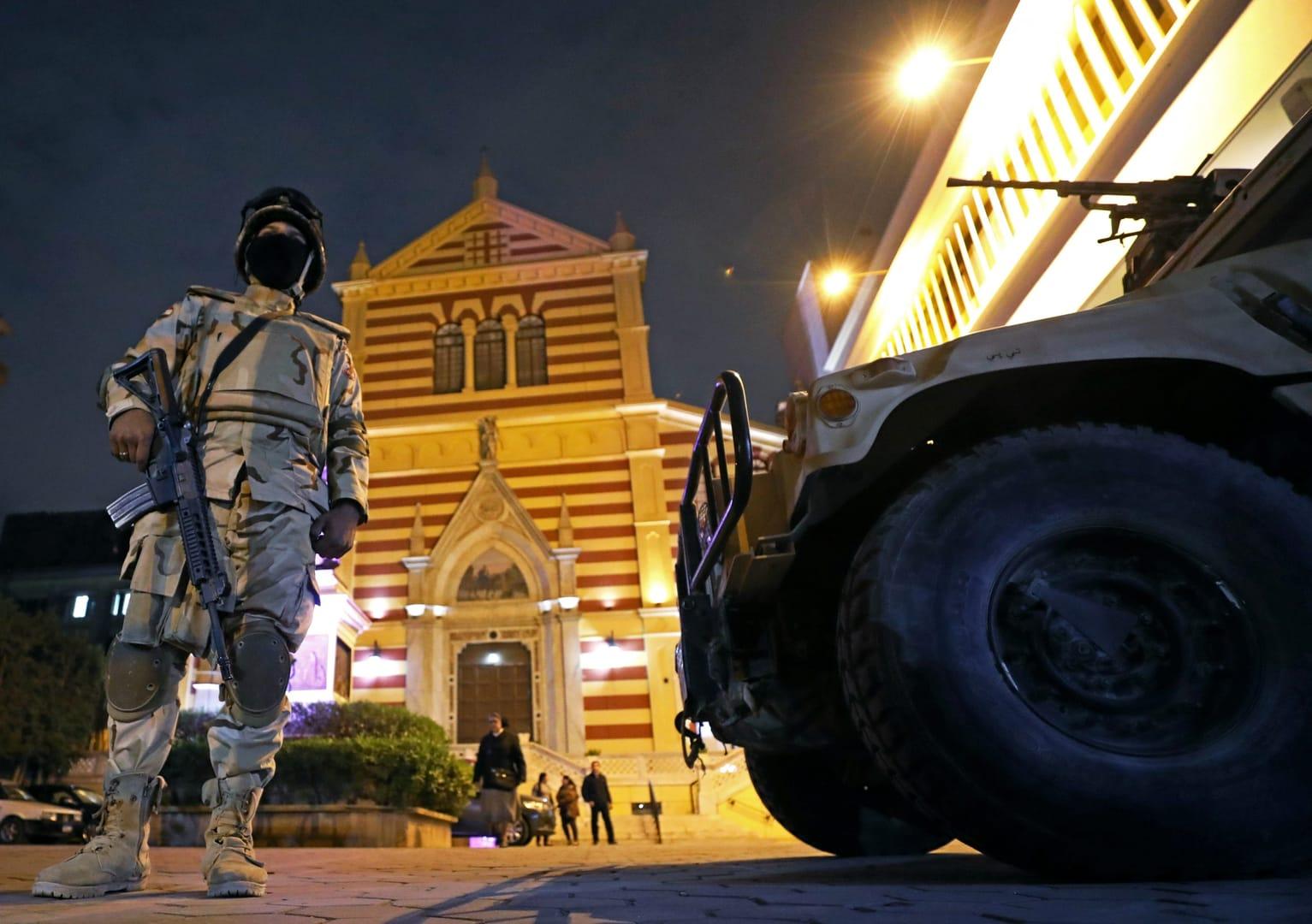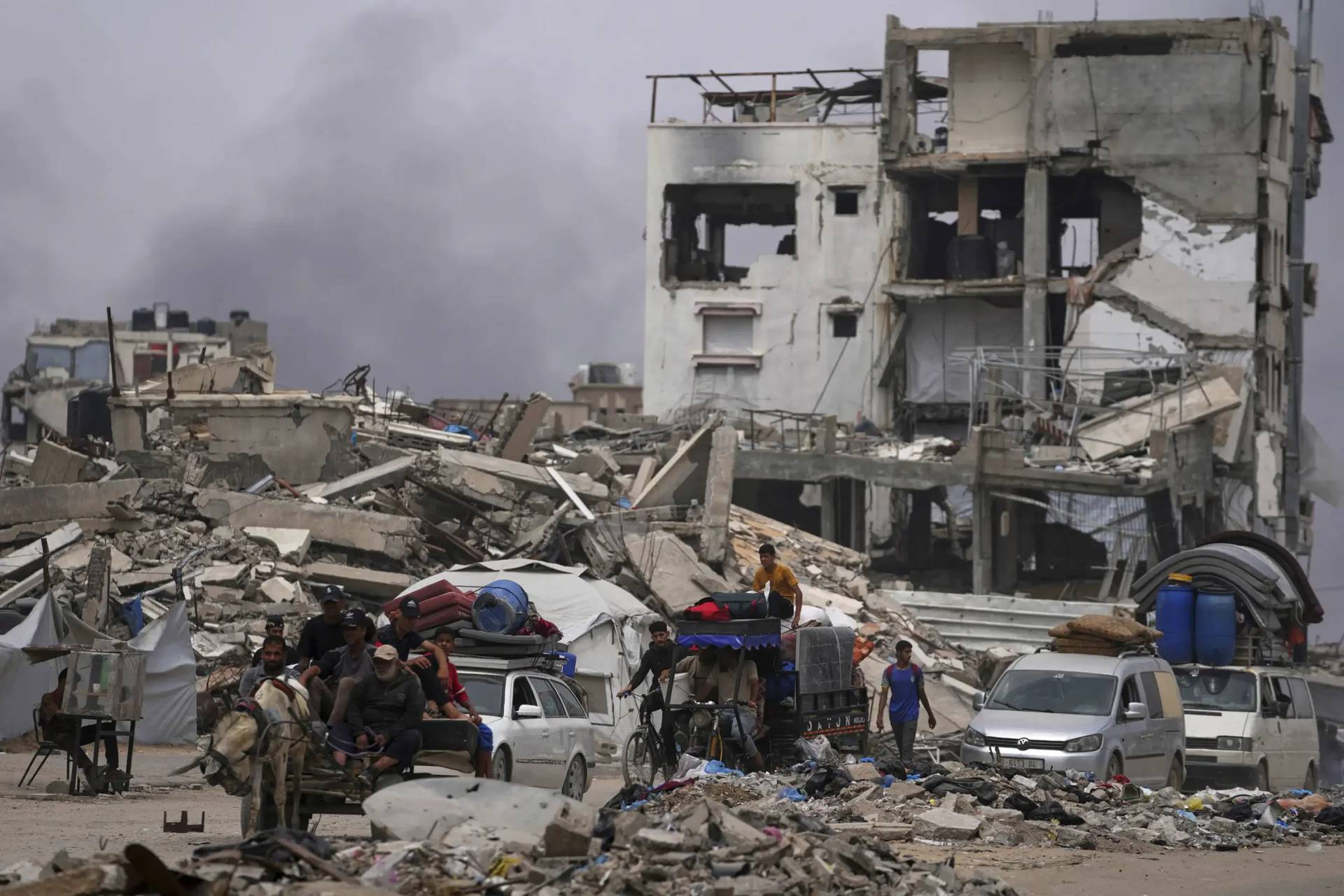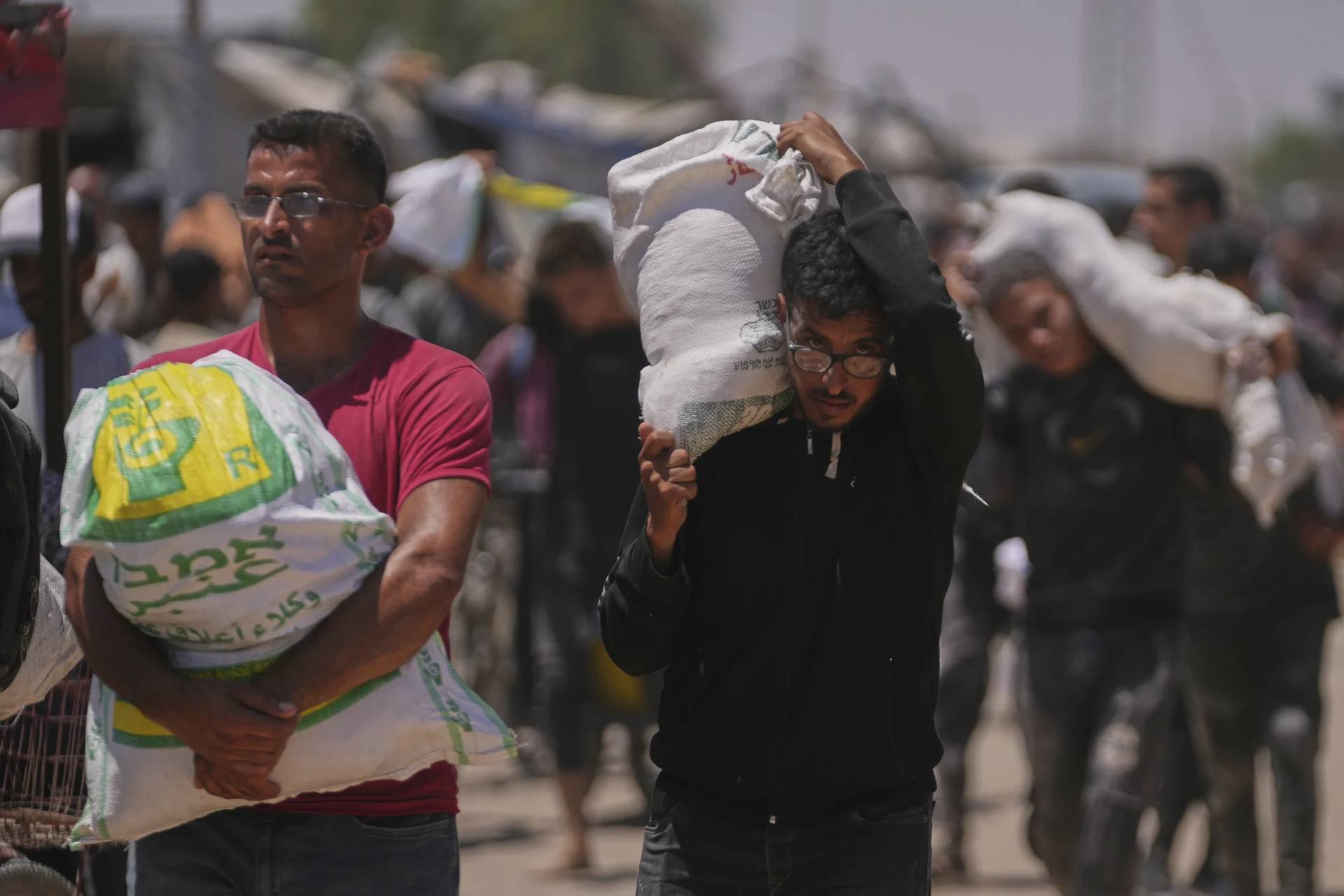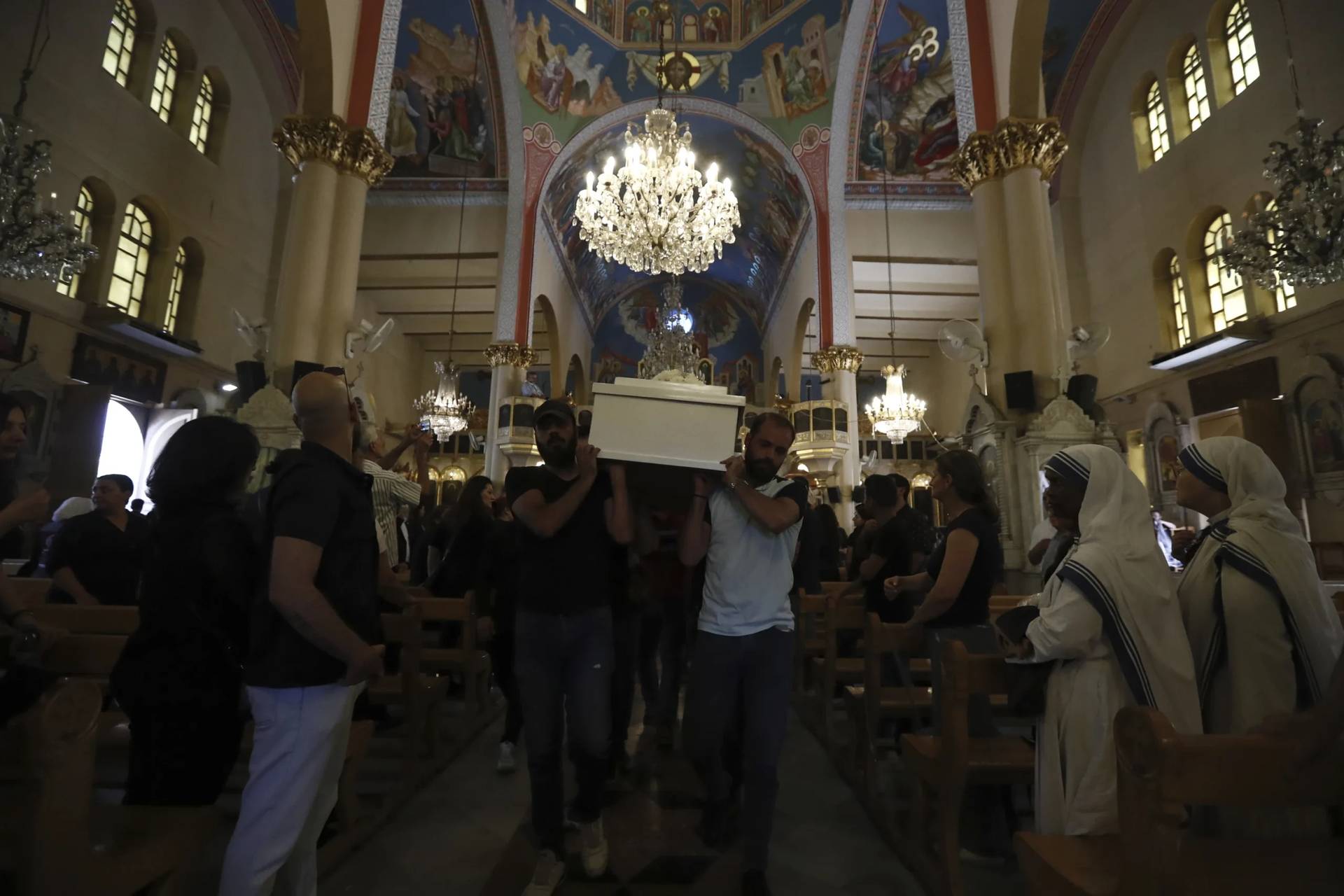YAOUNDÉ, Cameroon – On October 5, 2020, a mob of Islamic extremists attacked the homes of Coptic Christians in the Egyptian village of Dabous, located in the Upper Egypt region of Minya.
According to International Christian Concern, two young Muslim adults beat up a ten-year old Coptic Christian child. Some Christian adults retaliated, triggering the attack the next day.
Christians make up about 10 percent of Egypt’s 100 million people, making the country home to the largest Christian population in the Arab world.
The vast majority of Christians belong to the Coptic Orthodox Church, the largest Church in the Oriental Orthodox communion – However there are about 350,000 Eastern Orthodox Christians, 300,000 Protestants, and just under 200,000 Catholics.
Christians suffer discrimination from the Muslim majority, and often find it hard to find jobs, get a good education, and participate in the social life of the country. In addition, the community is often the target of Islamist violence.
The ICC’s Regional Manager for the Middle East, Claire Evans, says the Egyptian authorities “seek to guarantee silence, not safety.”
“The government under [President Abdel Fattah] al-Sisi has institutionalized a culture of silence by punishing anyone who speaks freely about the challenges they face. The government has expended so much energy demonstrating to the West how they are promoting religious freedom, but they have not taken concrete steps to protect religious freedom,” she told Crux.
Evans said it was necessary for Christians to speak up and speak out.
“Being silent about these issues re-victimizes the victims. In the face of an assault, such as what occurred in Dabous, we need to name it for what it is. And we need to process what that means. It is only by looking directly at religious freedom violations that religious freedom can be protected,” she said.
Following are excerpts of Evans’s interview with Crux.
Crux: What does this latest attack on Coptic Christians tell you about the safety of Christians in Egypt?
Evans: The Egyptian authorities seek to guarantee silence, not safety. Unfortunately, it is this dynamic which is all too evident in this recent incident in Dabous. Nothing except challenges are guaranteed to Christians, and by the authorities arresting the victims as a way of compelling them to reconcile with their attackers, the authorities are promoting a culture of silence that ultimately encourages more religious freedom abuses.
This attack in Dabous also shows us that even the most vulnerable, the children, are subjected to the harsh realities of persecution.
What is the state of religious freedom in Egypt?
The authorities will say that such attacks and other types of religious freedom abuses are less frequent, but in reality, reporting is less frequent. The government under al-Sisi has institutionalized a culture of silence by punishing anyone who speaks freely about the challenges they face. The government has expended so much energy demonstrating to the West how they are promoting religious freedom, but they have not taken concrete steps to protect religious freedom. We cannot confuse promoting and protecting, especially when human lives are at stake.
Christians in Egypt lead very difficult lives. They are discriminated against, harassed, intimidated, and threatened. Sometimes, those issues lead to violence, such as what we saw in Dabous. Until those core issues are addressed, until Egypt takes active steps to protect the victims of religious persecution and encourages people to speak out and name those abuses, then unfortunately religious freedom will not exist in Egypt.
Does the government do enough to hold extremists accountable?
The government’s response to extremists is a difficult question to address. On the one hand, the government frequently makes the announcement that they have raided an extremist location. It is strange that during these raids, most people usually end up dead, and thus never see trial. That’s neither justice nor due process. Sometimes the authorities will make a highly public court case against an extremist, but so often the extremist has membership in an organization – such as the Muslim Brotherhood – whom the ruling government views as a political threat. Motive is then questioned.
Most of the extremists who endanger the lives of Christians do not fit into these categories. It is the extremist who also lives a very normal life. It is a neighbor, a coworker, or a local leader. In these cases, the authorities do nothing. Mob attacks against Christians are where this issue becomes most abundantly clear. Why is it that the local authorities always arrest more victims than perpetrators? If you were to ask local Christians, they often say that it is because there are too many people who sympathize more with the perpetrators, and the authorities do not want to risk confrontation by holding them accountable. This is a serious problem.
In the face of such assault, what should be the attitude of Christians?
Christians should recognize that violence at its core, in whatever context, disconnects human relationships. It takes courage to name violence for what it is, but it is through this process that the ability to grasp the truth of what happened grows. Being silent about these issues re-victimizes the victims. In the face of an assault, such as what occurred in Dabous, we need to name it for what it is. And we need to process what that means. It is only by looking directly at religious freedom violations that religious freedom can be protected.
















